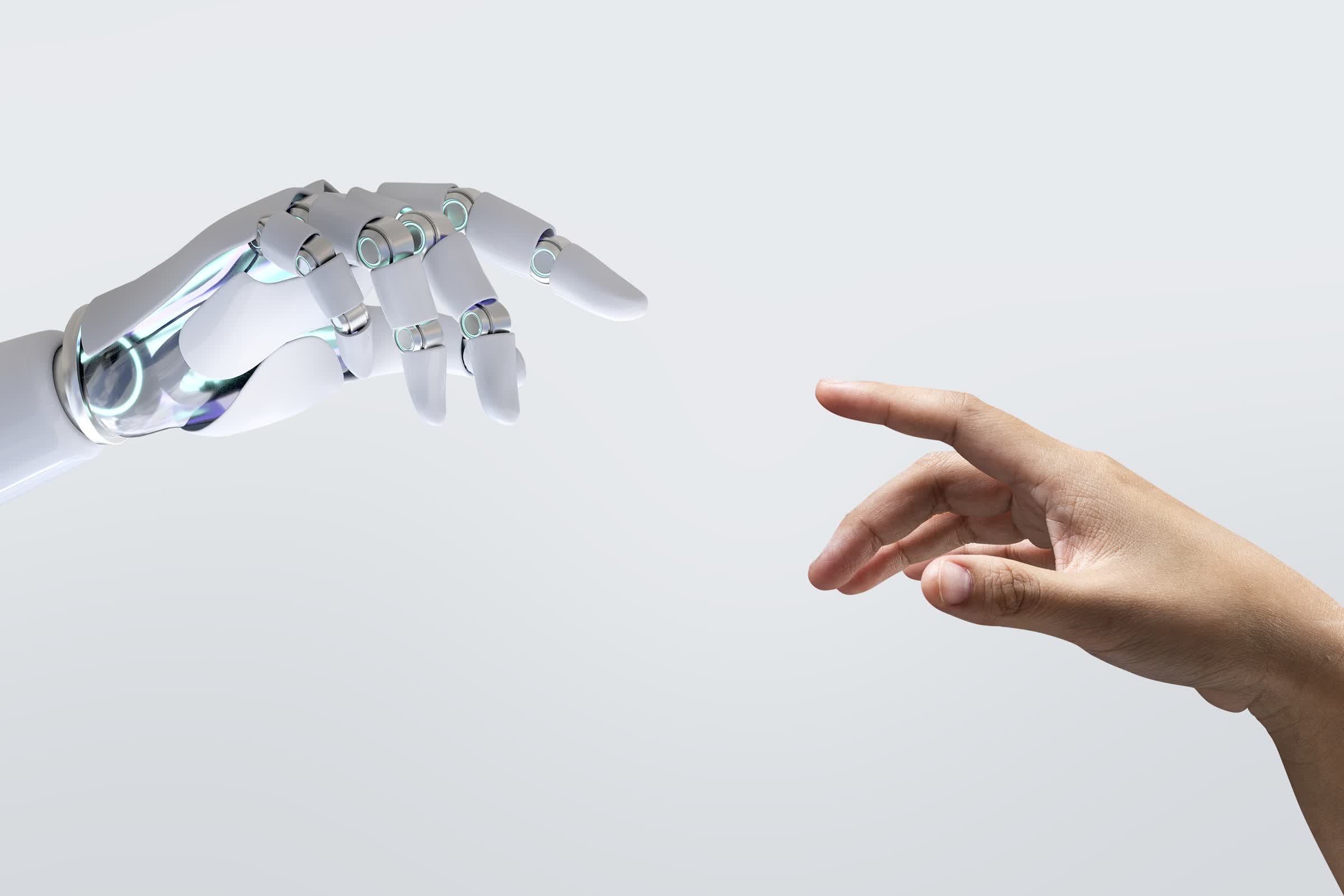Editor’s take: Synthetic intelligence companions, as soon as a novelty confined to science fiction, have quickly develop into a part of on a regular basis life for American youngsters. Based on newly launched findings from Widespread Sense Media, most teenagers have interacted with AI chatbots and sometimes flip to them for recommendation, companionship, and even emotional assist. The widespread use of those digital confidants is reshaping adolescent life and social improvement, prompting rising concern amongst dad and mom, educators, and researchers in regards to the potential dangers and rewards of a technology coming of age alongside synthetic associates.
“It is eye-opening,” mentioned Michael Robb, the research’s lead writer and head researcher at Widespread Sense. He advised The Related Press that even researchers have been shocked by the sheer variety of teenagers counting on AI for humanlike interplay. The analysis discovered that greater than 70 p.c of US teenagers reported utilizing these instruments, and over half mentioned they interact with them often.
Digital platforms like Character.AI, Replika, and mainstream chatbots equivalent to ChatGPT are getting into roles as soon as stuffed solely by human relationships. For a lot of youth, the enchantment is obvious.
“AI is at all times accessible. It by no means will get tired of you. It is by no means judgmental,” mentioned Ganesh Nair, 18, of Arkansas. “Once you’re speaking to AI, you’re at all times proper. You are at all times fascinating. You’re at all times emotionally justified.”
However Nair has additionally seen the downsides up shut. After a good friend used an AI chatbot to draft a breakup message to his girlfriend, Nair started to query the knowledge of counting on machines for relationship recommendation. “That felt slightly bit dystopian, that a pc generated the top to an actual relationship,” he mentioned. “It is nearly like we’re permitting computer systems to switch {our relationships} with folks.”

Robb cautioned that adolescence is a important time when social and emotional abilities are nonetheless creating, and that digital companions cannot totally exchange human relationships. “If teenagers are creating social abilities on AI platforms the place they’re continuously being validated, not being challenged, not studying to learn social cues or perceive any individual else’s perspective, they don’t seem to be going to be adequately ready for the actual world,” he mentioned.
The Widespread Sense research did not simply measure utilization; it additionally examined the dangers of AI companions for younger customers. The group discovered that age restrictions on many platforms have been both ineffective or nonexistent, exposing minors to sexual content material, harmful recommendation, and “validation” that may reinforce unhealthy pondering. The group now recommends that folks beneath 18 keep away from such platforms altogether till extra sturdy safeguards are in place.
Nationwide concern about teenagers forming shut emotional bonds with chatbots intensified final 12 months after a Florida boy died by suicide following sustained, intimate exchanges with an AI. Tales like this have underscored the vulnerabilities of younger customers and fueled rising requires warning.
Eva Telzer, a psychology and neuroscience professor on the College of North Carolina at Chapel Hill, has seen how shortly the change has occurred.
“Dad and mom actually don’t know that is occurring,” Telzer mentioned. “All of us are struck by how shortly this blew up.”
Based on her analysis, kids as younger as eight are already exploring generative AI, typically for companionship or to navigate complicated questions on id. She discovered that apps like SpicyChat AI – designed for adults – are actually common amongst teenagers for role-playing.
“One of many issues that comes up is that they now not have belief in themselves to decide,” Telzer mentioned. “They want suggestions from AI earlier than feeling like they’ll examine off the field that an concept is OK or not.”
Many teenagers additionally use chatbots to assist craft delicate emails or social messages. Seventeen-year-old Bruce Perry, additionally from Arkansas, says he now defaults to AI for organizing essays, getting social recommendation, and even deciding what to put on.
“In case you inform me to plan out an essay, I’d consider going to ChatGPT earlier than getting out a pencil,” Perry mentioned. He expressed concern for youthful youngsters rising up with these instruments: “I am anxious that youngsters might get misplaced on this. I might see a child that grows up with AI not seeing a purpose to go to the park or attempt to make a good friend.”
Whereas some teenagers are nervous about AI’s affect, others say its impression feels essentially completely different from social media, which fostered new connections and visibility. “Social media complemented the necessity folks must be seen, to be identified, to fulfill new folks,” Nair mentioned. “I believe AI enhances one other want that runs rather a lot deeper – our want for attachment and our have to really feel feelings. It feeds off of that.” He known as synthetic intelligence “the brand new habit.”
The Widespread Sense research discovered that the majority teenagers nonetheless desire real-life relationships over AI. However the rising reliance on digital associates for recommendation and emotional connection has develop into a defining a part of fashionable adolescence – a shift that specialists and households are solely starting to know.

